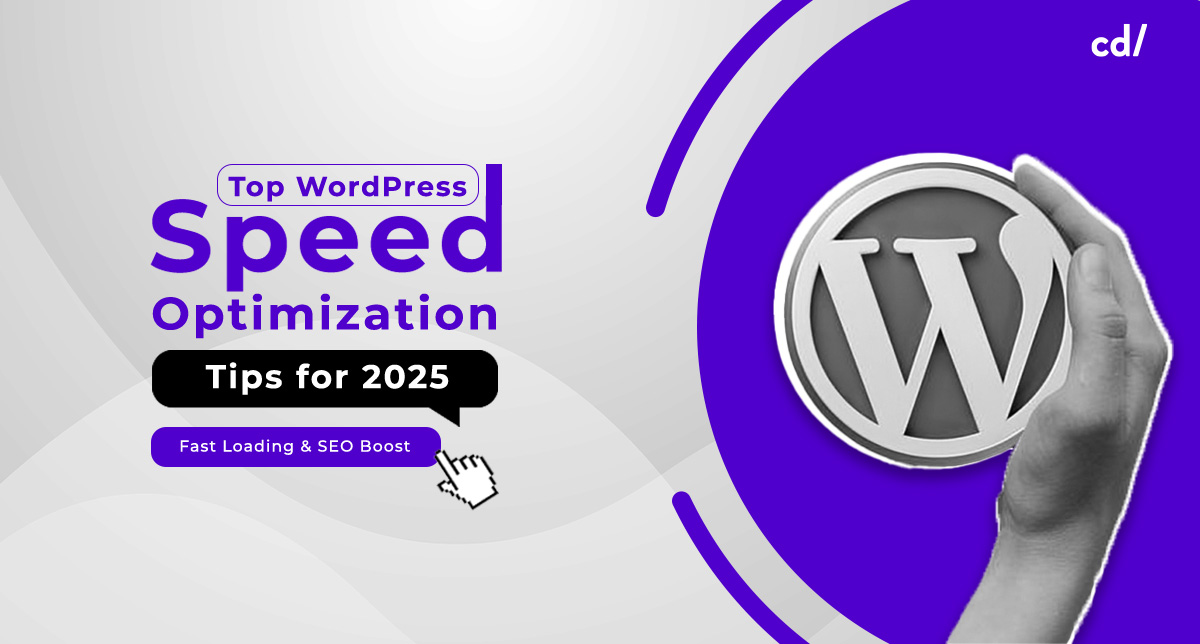In 2025, speed is no longer a luxury; it’s the baseline. With Google doubling down on Core Web Vitals and users expecting load times under 2 seconds, website speed optimization has become a make-or-break factor for online success.
If your WordPress website is sluggish, you’re not just losing traffic; you’re leaving money, SEO rankings, and conversions on the table. Here’s how modern WordPress development services are revamping their approach to performance.
1. Embrace Next-Gen Image Formats (WebP & AVIF)
Heavy JPGs and PNGs are outdated. WordPress now supports WebP and AVIF formats that drastically reduce file sizes without compromising quality. Use plugins like ShortPixel or native lazy loading for faster rendering.
Pro Tip: Optimize hero images and background banners first; these impact LCP (Largest Contentful Paint) the most.
2. Ditch Bloated Themes, Go Lightweight
Fancy multipurpose themes often come with excessive scripts. For 2025, developers are leaning into block-based themes (like Astra, GeneratePress, or custom-built FSE themes)—lighter, faster, and more aligned with modern WordPress website development practices.
3. Use Critical CSS and Delay Non-Essentials
Not every CSS rule needs to load immediately. Tools like Perfmatters and FlyingPress allow critical CSS injection, loading only what’s needed above-the-fold. Pair that with deferred JavaScript and you’ll see a visible boost in interaction speed.
4. Swap Page Builders for Native Gutenberg Blocks
Page builders like Elementor are powerful but often heavy. In 2025, many WordPress development services are pivoting to custom Gutenberg blocks. Why? They’re faster, cleaner, and align with WordPress core.
5. Server-Side Caching Beats Browser Caching Alone
It’s not just about plugins anymore, server-level caching via NGINX, Varnish, or Cloudflare APO is the new standard. Pair that with browser caching and GZIP compression for full-stack WordPress performance optimization.
6. Reduce Plugin Overhead with Smarter Stacking
More plugins = more problems. Use multipurpose plugins like WP Rocket (which combines minify + lazy load, + preload) to cut down your plugin count. Fewer requests, fewer conflicts, more speed.
Build for Speed, Not Just Looks
Your website can be gorgeous—but if it’s slow, users won’t stick around. 2025 demands a more strategic, tech-savvy approach to WordPress website development, where speed and performance are baked in from the ground up.
Looking to future-proof your website? Invest in expert WordPress development services that prioritize website speed optimization as a foundation today!



